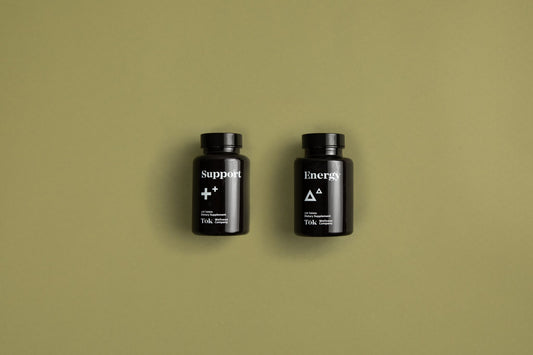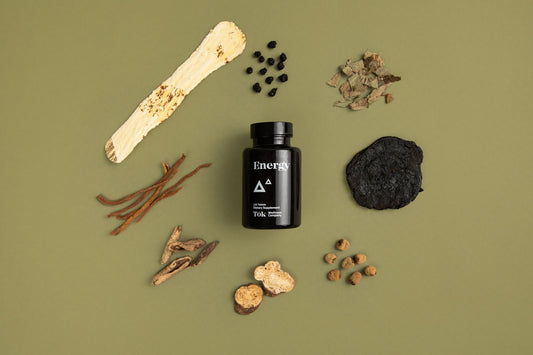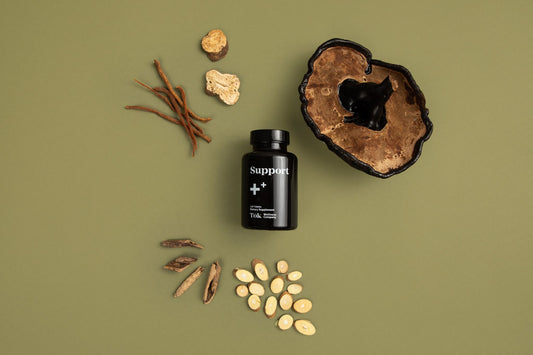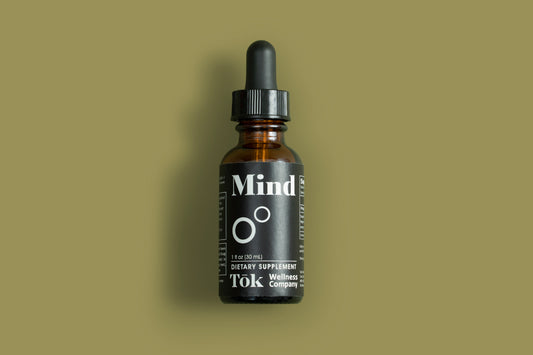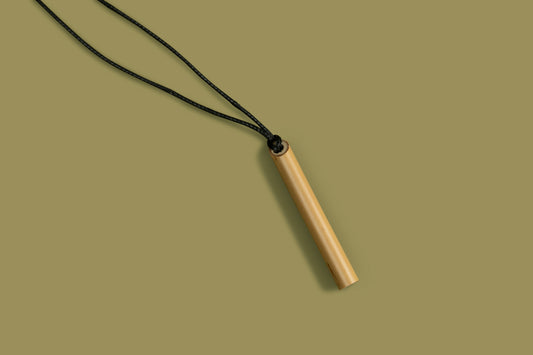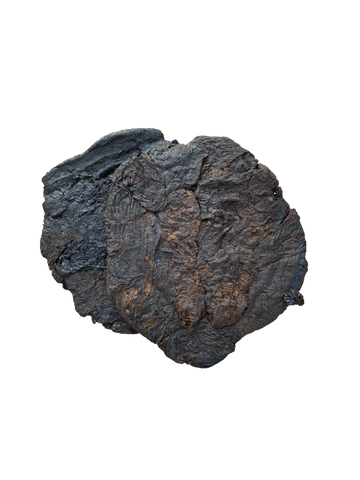
English common name:
Rehmannia Root
Other names:
Chinese Foxglove
Chinese Rehmanniae Radix
Scientific names:
Rehmannia glutinosa (Gaertn.) DC
Rehmannia root has for more than 2,000 years appeared in classical herbal medicines intended to promote the health of the kidneys, liver and heart, to support cognitive development in early years and preserve cognitive functioning and physical strength in advanced years.
Classic applications include:
- Support cognitive functioning, improve memory and learning.
- Inflammation.
- Injuries to bones and ligaments.
- Weak bones.
- Arthritis.
- Symptoms associated with asthma.
- Symptoms associated with diabetes.
- Night sweating.
- Decreased libido.
Rehmannia can be found in Tok Wellness Energy.
What are the Benefits of Rehmannia Root?
Rehmannia root (Rehmannia glutinosa (Gaertn.) DC.) is found in our Energy recipe and has been used for over 2,000 years for general health and balancing the yin in the body. Rehmannia root has long been a part of herbal remedies in traditional Chinese medicine. It is native to China, Korea, and Japan. The root has been used to treat a lot of conditions associated with yin deficiency. The root has a slightly warm tendency and acts mainly on the kidneys, liver, and heart. It is called an adrenal tonic and increases the level of adrenocortical hormones. It has a range of active compounds, including amino acids, vitamins, sugars, and plant-specific compounds.
Here are the potential benefits of the Rehmannia root:
Helps in treating Infections:
Traditionally, Rehmannia root was used to fight bacterial and fungal infections because it has phenolic glycosides which ward off infections. This also makes it useful when there are immunosuppressive and hepatoprotective needs.
Anti-Inflammatory:
The root also has anti-inflammatory properties because it contains Vitamin A, B, C, and amino acids. Thus, it can also be used for inflammatory conditions like asthma and arthritis.
Supports Adrenal Function:
The increase in adrenal hormones associated with the herb is helpful in thirsting and wasting disorders.
Reduces Memory Loss:
Rehmannia root was also a common ingredient used in formulations for diseases associated with memory impairment and aging. The root is neuroprotective.
Prevents Ulcers:
The root contains astringent compounds which help the gut by preventing the formation of ulcers and reducing inflammation of the digestive tract.
Supports Blood function:
The root also helps with blood pressure, cholesterol rise, and blood sugar irregularities. The root also supports anemia by balancing red blood cell production. Finally, it is a tonic for the blood, an action that becomes useful in dizziness, palpitation, menstrual bleeding, and postpartum bleeding.
Capillary Support:
The root also contains substances that reduce the fragility of capillaries making them stronger thus improving circulation.
Helps in Kidney Function:
It helps the kidneys function better and acts as a diuretic, promoting urine production.
In addition, it has been used for a wide range of complications, including constipation, diabetes, blood pressure, fever, osteoarthritis, insomnia, and pain relief. All these properties make the root sought after for preparations of herbal remedies. However, be careful since excessive use can lead to diarrhea and abdominal distention.
These statements have not been evaluated by the Food and Drug Administration. This product is not intended to diagnose, treat, cure or prevent any disease. This blog does not replace professional health advice.


